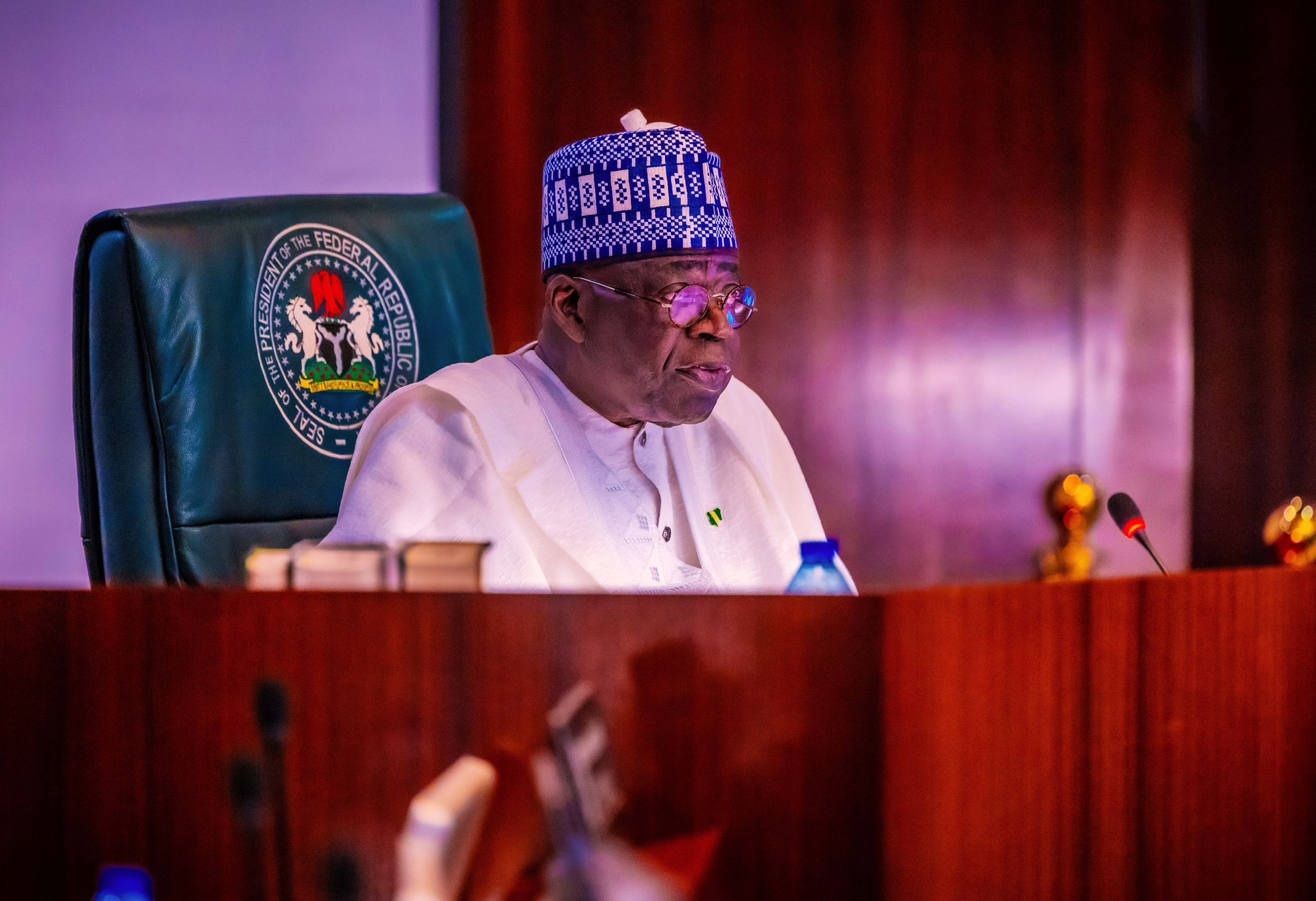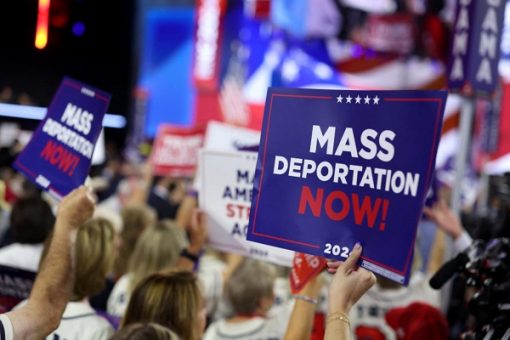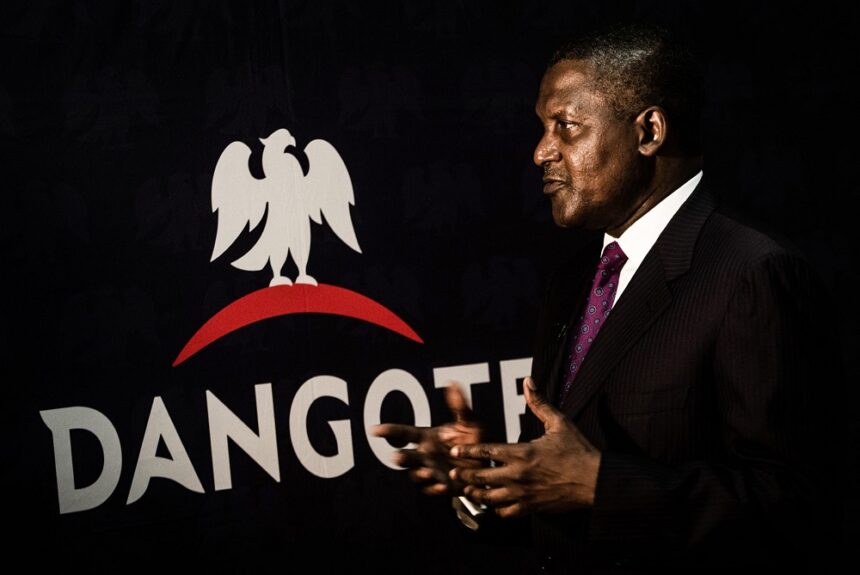The Federal Government has proposed a ₦4.5 trillion increase to the 2025 budget, raising the total from ₦49.7 trillion to ₦54.2 trillion. The increase, which represents a 9.1% surge, is aimed at strengthening key economic sectors and infrastructure projects, according to Minister of Budget and Economic Planning, Abubakar Atiku Bagudu.
Reasons for the Budget Increase
President Bola Ahmed Tinubu communicated the request to the National Assembly, explaining that the additional funding was derived from:
- ₦1.4 trillion from the Federal Inland Revenue Service (FIRS)
- ₦1.2 trillion from the Nigeria Customs Service (NCS)
- ₦1.8 trillion from other government-owned enterprises
How the Additional Funds Will Be Allocated
According to Tinubu’s letter, the additional revenue will be allocated to critical sectors, including:
- ₦1 trillion for the Solid Minerals Sector to unlock Nigeria’s vast mineral resources.
- ₦1.5 trillion for the recapitalization of the Bank of Agriculture (BoA) to ensure food security and empower smallholder farmers.
- ₦500 billion for the recapitalization of the Bank of Industry (BoI) to support small and medium enterprises (SMEs) and boost local manufacturing.
- ₦1.5 trillion for Critical Infrastructure Projects, including:
- ₦380 billion for irrigation development
- ₦700 billion for transportation infrastructure (roads and rail)
- ₦50 billion for border community infrastructure
- ₦250 billion for military barracks accommodation
- ₦120 billion for military aviation
Concerns Over Economic Stability
Despite the government’s justification, economic analysts and financial experts have raised concerns about the potential impact on inflation, exchange rates, and fiscal stability.
Macroeconomic Concerns
- David Adonri, Executive Vice Chairman at Highcap Securities, argued that the increase in public spending could fuel inflation, contradicting the Central Bank of Nigeria’s (CBN) anti-inflationary policies.
- Clifford Egbomeade, a public analyst, warned that overestimating revenue projections could widen the fiscal deficit, leading to more borrowing and higher debt servicing costs.
Public Reactions
Some Nigerians expressed frustration over the expansionary fiscal policy while many are facing economic hardship.
- Endurance Osibanjo, an entrepreneur, said:
"Nothing is new in Nigeria. The government keeps making life more difficult for the masses."
- Joshua Ajewole, a publisher, criticized the government’s insensitivity, stating:
"Instead of taxing big corporations that earn huge profits, they continue to burden the poor."
- Eunice Omoruyi, a content creator, added:
"The government should focus on easing the cost of living instead of increasing public spending."
What’s Next?
The Senate Committees on Finance and Appropriations have been directed to fast-track deliberations on the increased budget. The final version is expected to be passed before the end of February, after which it will be sent to the President for assent.
The debate continues over whether this budget expansion will truly address Nigeria’s economic challenges or worsen fiscal instability.




